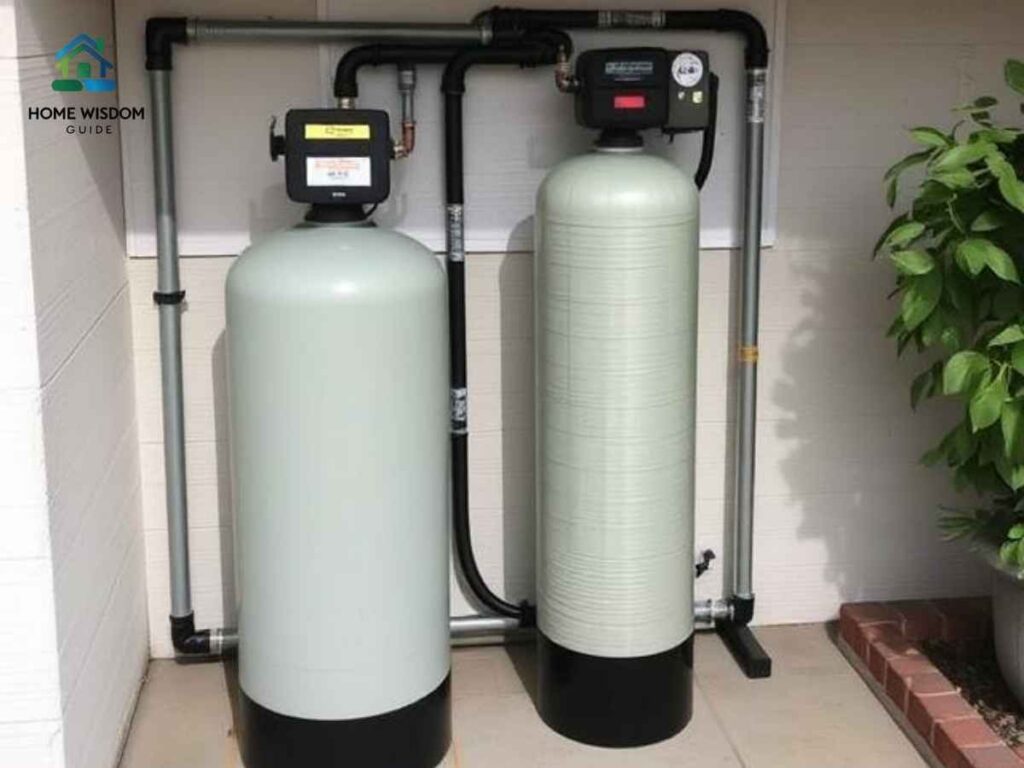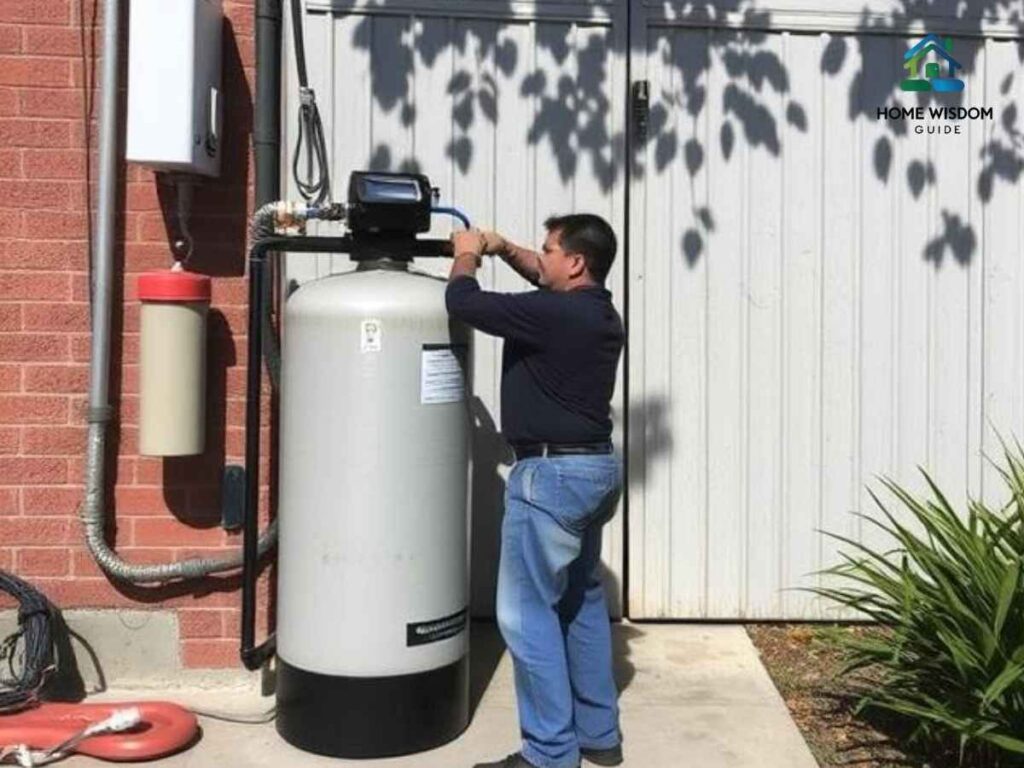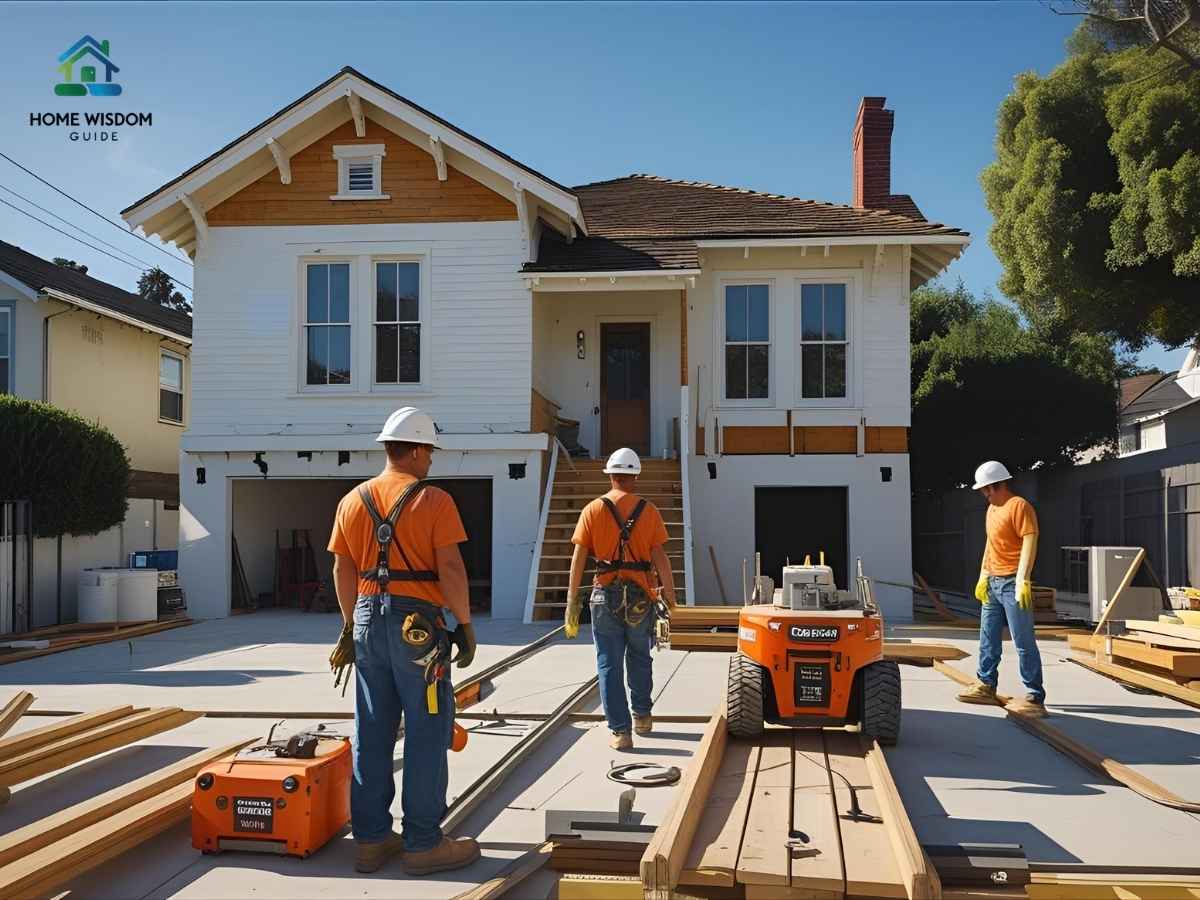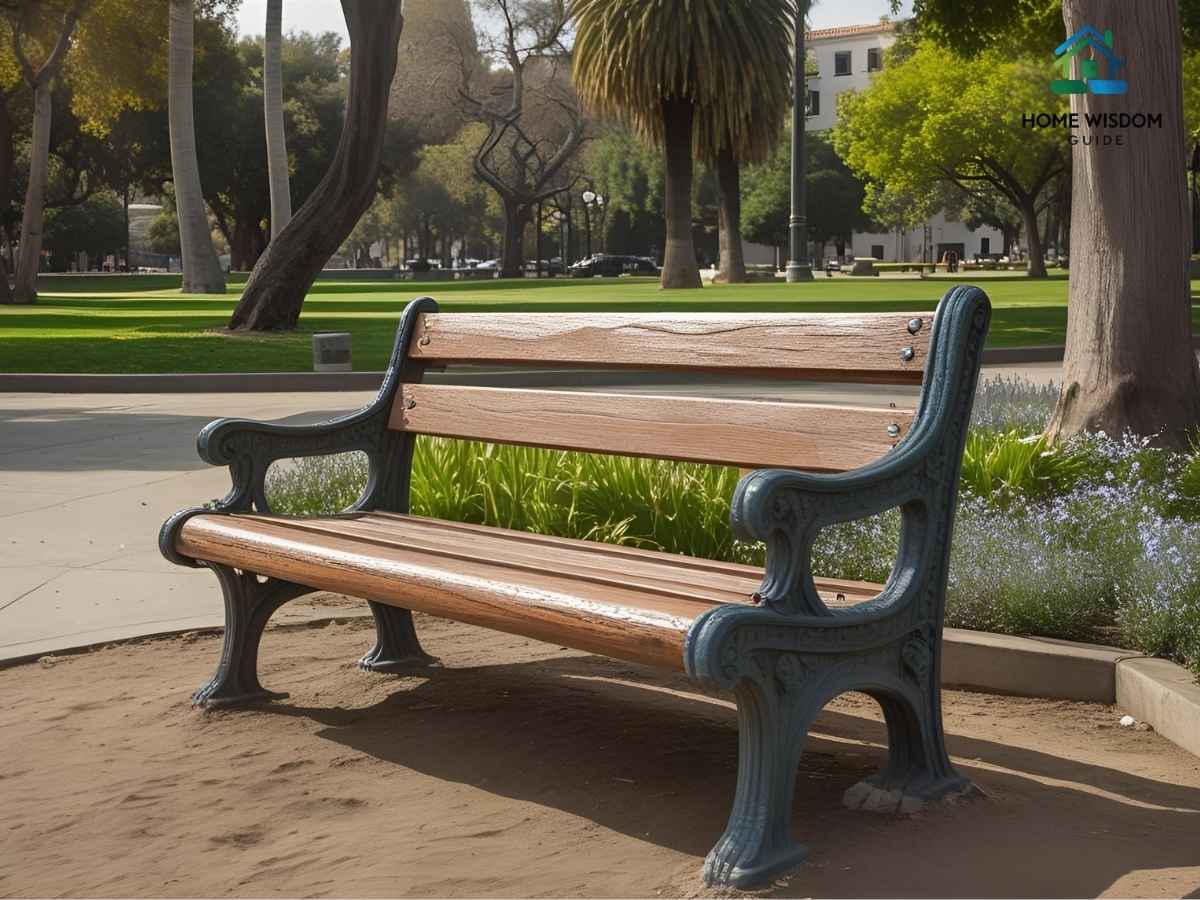Living in Curtis Park, a vibrant neighborhood nestled within Historic West Adams, Los Angeles, residents enjoy a unique blend of culture and architecture. But one challenge that many homes face here—and across LA—is the impact of hard water on daily life. The mineral-rich water from Los Angeles’ local sources can cause scaling, soap scum buildup, and dry skin issues. Maintaining a reliable water softener isn’t just about convenience; it’s key to keeping plumbing systems healthy and preserving home appliances.
Curtis Park homeowners know the importance of regular water-softener care, especially given the mix of older homes with aging plumbing. This article dives deep into the specific water-softener maintenance tips for Curtis Park and surrounding LA neighborhoods, sharing local anecdotes, expert service recommendations, and tailored solutions.
Table of Contents
Why Water-Softener Maintenance Is Crucial in Los Angeles

Los Angeles water is known for its hardness due to naturally occurring minerals like calcium and magnesium, compounded by the complex sourcing from the Los Angeles Aqueduct, Metropolitan Water District imports, and local groundwater. In Curtis Park (zip codes 90007 and 90018), and surrounding areas like Baldwin Hills and Leimert Park, the water hardness can vary but often falls into ranges that cause everyday nuisances:
- Mineral build-up on faucets and showerheads
- Reduced efficiency of water heaters and appliances
- Increased use of soaps and detergents with limited efficacy
- Dry, itchy skin and hair due to mineral residue
Water softeners play an essential role by removing these minerals, but to keep them effective, routine maintenance is non-negotiable. Neglecting softener upkeep can lead to salt bridges, clogged resin beads, and overall system inefficiency—a costly headache for residents.
Common Challenges and Local Climate Effects
Los Angeles’ Mediterranean climate, characterized by dry summers and moderate winters, can influence water-softener demand and maintenance schedules. During hot, dry months, residents often use water more efficiently, sometimes resulting in longer salt storage intervals. However, the seasonal dust and occasional rainstorms bring sediments and contaminants that stress systems if filters aren’t changed regularly.
Moreover, local water treatment efforts by LADWP—including the switch to chloramines from chlorine to reduce disinfection by-products—mean homeowners sometimes face unique softener regeneration needs. Chloramines react differently in softeners than chlorine, necessitating periodic adjustment of maintenance routines.
Curtis Park Case Studies: Real Stories From the Neighborhood
Case Study 1: Historic Home in Curtis Park (90007)
Mrs. Gomez, a longtime Curtis Park resident, noticed her water softener was no longer preventing mineral deposits in her antique bathtub. Her local plumber diagnosed a salt bridge forming in the system—common in LA’s hard water settings—and a resin bead exhaustion. After flushing the system and replenishing resin beads, Mrs. Gomez reported that her water felt softer within days, reducing her skin irritation and extending her water heater’s lifespan.
Case Study 2: Family Home in Baldwin Hills (90008)
The Harris family experienced an increase in laundry detergent usage and hard water spots on dishes. Their softener’s automatic regeneration timer was not calibrated for LA’s water hardness fluctuations. They switched to a demand-initiated regeneration system installed by a local expert. This adjustment optimized salt usage and ensured soft water flow without waste, saving the family money and improving appliance efficiency.
Case Study 3: Leimert Park Apartment Complex (90008)
Management of an older apartment building noticed high maintenance calls related to plumbing clogs and dry skin complaints from tenants. After consulting a water treatment specialist, they installed a commercial-grade water softener system with a maintenance contract that includes biannual inspections and salt replenishment. This proactive approach prevented future scaled pipes and improved tenant satisfaction.
Best Practices for Water-Softener Maintenance in Curtis Park and Los Angeles
Maintaining a water softener locally means adapting to the city’s specific water conditions and plumbing infrastructure. Here’s a practical checklist tailored for Curtis Park residents:
- Regular salt replenishment: Typically, adding salt once or twice a year suffices, but Curtis Park’s heavy water mineralization may require more frequent checks especially for larger households.
- Inspect for salt bridges and mush: Temperatures and water usage affect salt settlement; break up hardened salt crusts to maintain efficiency.
- Resin bed cleaning: Over time, the resin beads lose effectiveness; periodic cleaning or replacement every 5-10 years is recommended.
- Filter changes and pre-treatment: Sediment filters protect softener systems from particulate buildup and should be changed every 3-6 months.
- System flushing and regeneration: Adjust regeneration cycles based on actual water usage rather than timers to save salt and water, adapting to LADWP’s chloramine treatment.
- Annual professional service: Hiring a trusted local expert ensures comprehensive inspection, calibration, and emergency repairs before failures occur.
Top 3 Water-Softener Service Providers in Los Angeles
For those in Curtis Park and nearby neighborhoods, here are three leading service providers recognized for their expertise, local understanding, and customer care:
1. Pro Water Solutions
Serving LA and surrounding counties for over 17 years, Pro Water Solutions offers customized water softener systems tailored to LA’s water conditions. They provide free consultations with water testing, use high-quality U.S.-manufactured components, and promise competitive pricing. Their services include installation, maintenance, and system upgrades.
Website: prowatersolutions.com
2. Culligan Los Angeles
Culligan has a strong local presence in Los Angeles, specializing in water softeners that come with smart features like usage tracking and salt conservation alerts. They emphasize compliance with California’s plumbing codes and offer expert advice on salt efficiency and system sizing. Known for reliable maintenance contracts and salt delivery service.
Website: culliganla.com
3. Simple Water Heater & Filtration
A trusted choice for water softener installation and servicing in LA, Simple Water Heater & Filtration is praised for efficient, cost-effective solutions and deep knowledge of the city’s unique water challenges. They work with top brands and offer seamless installations suitable for both older Curtis Park homes and modern developments.
Website: simplewaterheater.com
Local Tools and Resources for Curtis Park Homeowners
Homeowners looking to maintain or upgrade their water-softening systems in LA have several handy local utilities and tools:

- Los Angeles Department of Water and Power (LADWP): The main supplier of water in Curtis Park with detailed water quality reports, and regulatory guidelines for water treatment and conservation. Customers can access water quality data specific to their ZIP code and get updates on chloramine use and other treatment changes.
Visit: ladwp.com - California Water Boards: Governing state water regulations including those impacting water softener installations and brine discharge limits. Essential for ensuring compliance with environmental standards.
Visit: waterboards.ca.gov - Local Contractor Licensing and Permits: Water softener installation requires valid Class C-55 or C-36 licenses per California Health and Safety Codes, ensuring professional and authorized service. Verification and permit info available at the Los Angeles County Department of Public Works.
Visit: dpw.lacounty.gov
People Also Ask: Local Insights Inline
How often should I add salt to my water softener in Los Angeles? Typically once or twice annually, but high-use homes in Curtis Park might need more frequent salt replenishment due to LA’s mineral-heavy water.
Can water softeners handle chloramines used by LADWP? Yes, but they require adjusted regeneration cycles and sometimes specific resin types to handle the chloramine cleansing without damage.
Does LA have regulations for water softener installations? Yes, California and LA County require professional installation licenses and adherence to brine discharge limits to protect sewer and water systems.
Conclusion
Water softener maintenance in Curtis Park, Los Angeles, is vital for preserving home plumbing, improving water quality, and enhancing daily comfort. This unique LA neighborhood, with its distinctive blend of historic homes and urban lifestyle, demands an aware, attentive approach to fighting hard water issues. Local stories highlight the benefits of expert maintenance and tailored solutions, while trusted service providers stand ready to help residents optimize their water softening systems.
Scheduling regular system check-ups, staying informed via LADWP updates, and partnering with knowledgeable local professionals will ensure that Curtis Park residents continue to enjoy the benefits of soft, clean water year-round.
FAQs
How often should Curtis Park residents add salt to their water softener?
Usually, adding salt once or twice a year is sufficient, but homes with high water usage in Curtis Park may require more frequent refills to maintain optimal performance.
Can water softeners in Los Angeles handle LADWP’s chloramine-treated water?
Yes, but softeners may need adjusted regeneration cycles and specific resin types to effectively handle chloramines without affecting system lifespan.
What are the signs my water softener needs maintenance in Curtis Park?
Key signs include reduced water softness, salty odor, unusual noises during regeneration, or noticing scaling on faucets and appliances.
Is it possible to do water-softener maintenance myself, or should I hire a professional in LA?
Basic tasks like checking salt levels and breaking salt bridges can be done by homeowners, but annual professional inspections ensure thorough care and prevent major issues.
Are there local regulations about installing or maintaining water softeners in Los Angeles?
Yes, installations require licensed contractors familiar with California plumbing codes, and newer regulations govern brine discharge to protect local water systems.


